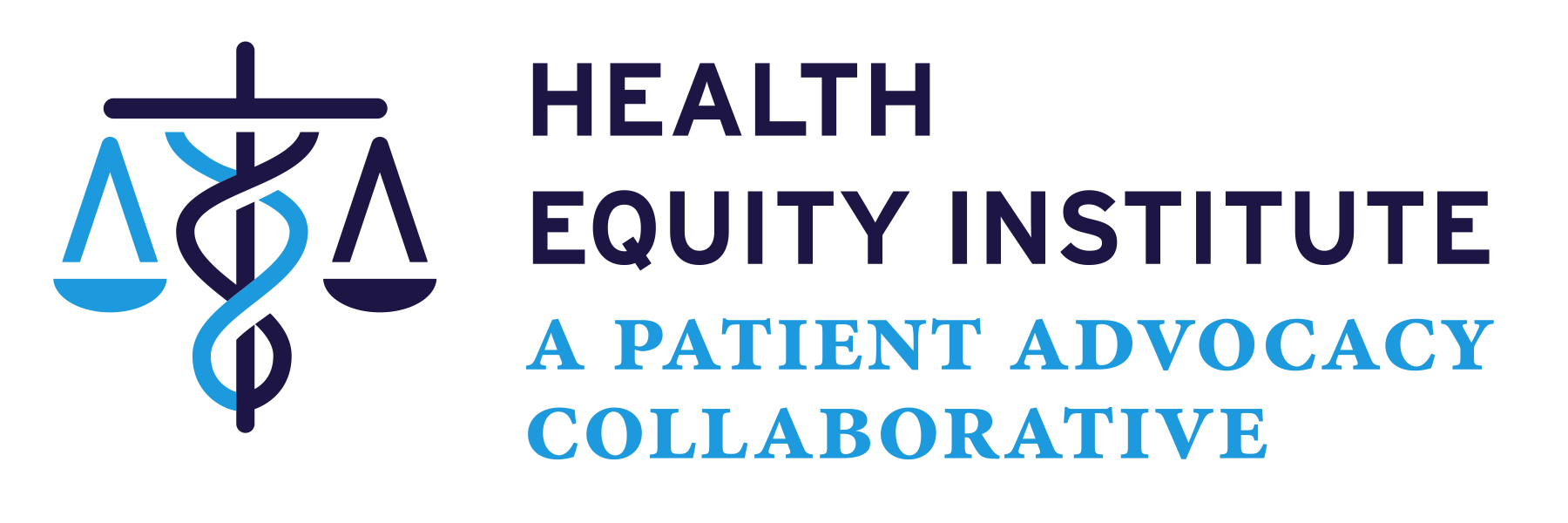HEI’s key goal this year is to strengthen patients and their families self-advocacy skills. But what does that even mean? We thank HEI intern Astri Horsburgh for this month’s blog post in which she answers a young patient’s question about what that means and the many ways to self-advocate.
Q: “I keep seeing articles about celiac disease and Type 1 diabetes that talk about advocating for myself. But I’m shy. Speaking up and advocating for myself is really hard for me. Any advice on ways to make this easier? Any phrases you typically use?”
Astri: This is a very fair concern. Advocating for yourself is a nice recommendation but a vague one. So the first questions to ask of yourself are, what do you need to advocate for? Who will you need to speak to? What outcome do you want to achieve? What help is available to support you?
In school contexts, some example scenarios I can think of are: asking if there will be gluten free food during a field trip; finding out what the gluten free options are like at a college cafeteria; negotiating if/how often you need to check in with the school nurse; letting the gym teacher know you have to sit out because your blood sugar is too low; reporting a problem when a given food/facility/etc is making you sick; asking school club leaders to maybe get gluten free pizza next time.
These situations and others would all require somewhat different tactics and approaches, and some of them will be easier to manage in spite of shyness than others. You can work within your capabilities: are emails less scary than an in-person meeting? Is there an activity coordinator, school administrator, or office of disability accommodations that you might be able to email to make your needs known and get your questions answered? If getting your needs met requires an in-person meeting, is it possible to bring another person with you who you trust to help you advocate: a parent or guardian in more “official” contexts, or a friend in a more low-stakes situation?
Think about what makes you most comfortable and most scared: are you worried about other people’s reactions? Are you worried about whether you’ll stumble on your words, get overwhelmed, cry, be pressured into accepting a suboptimal solution you don’t really want? When you imagine yourself speaking up, in what settings do you imagine it going well? Would it help to write down a little script for yourself, with points you need to make ahead of time? Could you warn whomever you need to speak with by email first rather than having to march up and ask to talk about something personal right then and there? If you have a choice of people you could talk to about whatever issue you need to resolve, is there someone who seems more approachable or less intimidating?
Of course, as I’m sure you know very well, situations can and do arise that you can’t plan for, where you need to advocate for yourself on the spot. An event that promised it would serve gluten free food actually has nothing you can eat; a tour leader tries to store your bag of medical supplies in a different location when you need to keep them with you; a concert venue doesn’t allow food inside but you know you can’t eat anything there and you need your own food; you’re stopped at TSA and harassed over the food or medical supplies you’re carrying – all things that have actually happened to me. I try to communicate my needs with as short and simple an explanation as I can, and either ask for a specific solution or a person who can help me find one. For instance: “I am a Type 1 diabetic / I have celiac disease, and I need my food/sugar/insulin with me for medical reasons”; “Is there someone I can talk to about this?”; “I was told [x], but [y] has happened instead. Can someone help me with this?” Be firm about your needs: celiac disease and diabetes are medical conditions, not fun little accessories you can just opt out of. You deserve to be taken seriously. The consequences of not speaking up are often worse than the self-advocacy.
These can be stressful situations, especially when you can’t prepare for it, but you can only ever give it your best shot in the moment. Sometimes people will be understanding and kind, and sometimes they will be rude or hostile. Self-advocacy is a practice, or a muscle: it gets stronger with time and use. Be gentle with yourself if it is hard and stressful or you don’t get the results you want. I used to be drastically more shy than I am now, and for better or for worse, practicing these skills – and running into enough situations where I had no choice but to speak up for myself – has helped me build that muscle in the end.
Guest author, Astri Horsburgh
Excerpted with permission of the author from Celiac Digest, August 2025.
Medical Disclaimer:
The suggestions given here are not intended as a substitute for the medical advice of your physician. The reader should regularly consult a physician in matters relating to health and particularly with respect to any symptoms that may require diagnosis or medical attention. For additional questions, please call your healthcare provider for reliable, up-to-date information on testing and symptom management of all medical concerns.
Photo credit: we thank Alexey Demidov; photo from Unsplash.com, photos free to use and share.

